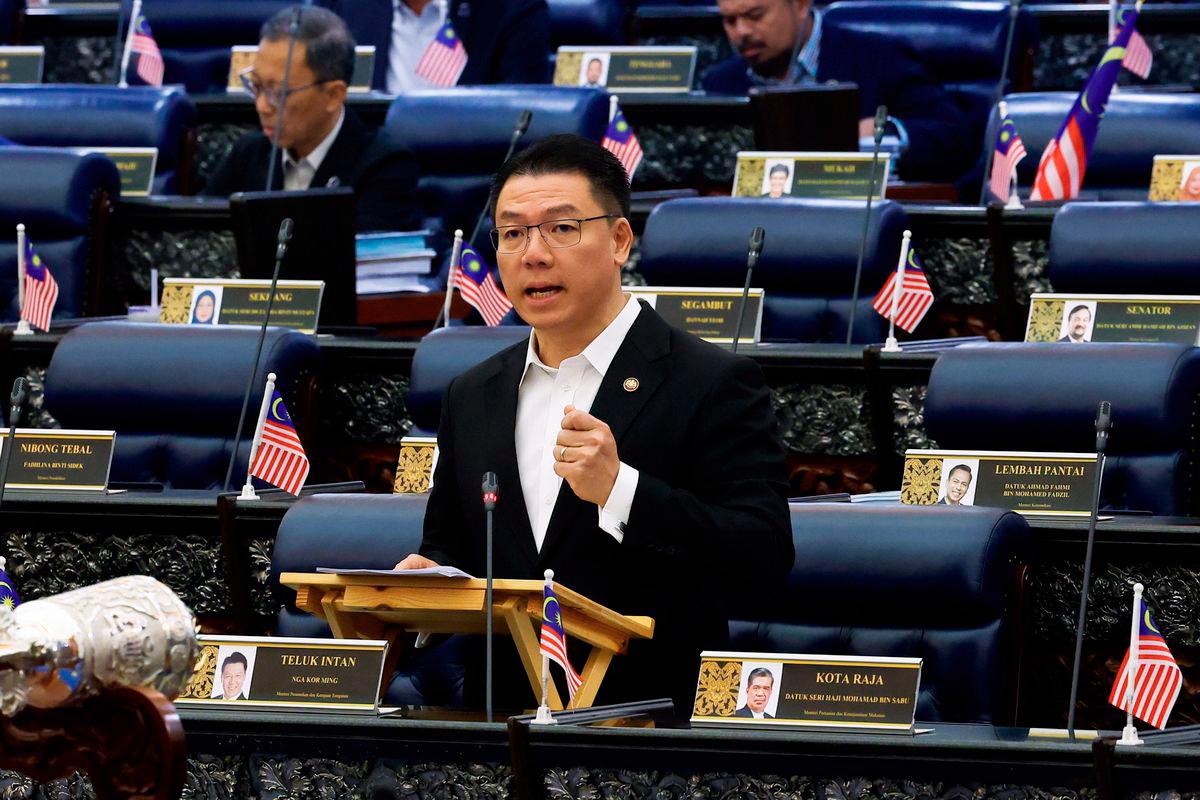KUALA LUMPUR: The Housing and Local Government Ministry will amend the Urban Renewal Bill, including provisions related to the consent threshold for participation in urban renewal projects.
Minister Nga Kor Ming stated the amendment to Clause 19 was made to respect and accommodate the views of the Dewan Rakyat Special Select Committee on Infrastructure, Transport and Communications, following a special discussion on August 21.
He confirmed the consent threshold would be standardised at 80% regardless of the age of the building, noting that the increase from the current 75% remained reasonable to provide sufficient consideration for implementing urban renewal projects with integrity and fairness to all parties involved.
“In addition, we took into account ownership issues within the remaining 20% of residents, including cases where property ownership has been pledged or mortgaged for financial loans, properties facing non-performing loans (NPLs) from financial institutions, ownership titles that have not or have yet to be issued to buyers, as well as cases where original owners cannot be traced,” he said.
Nga made these remarks while tabling the Bill for its second reading in the Dewan Rakyat today.
The Bill was not debated in this sitting and will be brought forward to the next session.
Nga stated that the amendment ensures both Federal and State Executive Committees properly assess local community demographics in project areas.
“This approach guarantees orderly implementation and prevents drastic changes to population composition,“ he explained.
Nga emphasised the ministry’s responsiveness to public concerns about demographic shifts in renewal zones.
“KPKT is sensitive to public concerns over demographic changes in areas undergoing urban renewal,“ he said.
The clause amendment will specifically protect local demographic profiles pending finalisation with the Attorney-General’s Chambers.
Nga highlighted the bill’s transparent drafting process involving multiple stakeholders.
“The drafting of the Bill went through a transparent process, including the approval of the Urban Renewal Implementation Guidelines (GPP PSB) in 2023,“ he said.
It also received endorsement from the National Council for Local Government and engaged with the Special Select Committee on Infrastructure, Transport and Communications.
He clarified that state governments solely propose and gazette urban renewal areas, not federal authorities.
“Areas identified for urban renewal projects are also proposed and gazetted by state governments themselves, not by the Federal Government through the Town and Country Planning Department (PLANMalaysia),“ Nga stated.
Terengganu has designated 22 potential sites while Kedah identified 55 locations for renewal projects.
Nga stressed the importance of refurbishing aging buildings and critical utilities with deteriorating lifespans.
“He said refurbishing buildings and key utilities is crucial, as the lifespan of infrastructure such as lifts, water tanks, electrical wiring, piping systems, sewers and gas supply networks deteriorates over time,“ the minister noted.
He warned about critical infrastructure decline resulting from poor maintenance by weak building management corporations.
“He warned that the decline in the quality of such infrastructure would become critical if building management corporations are weak and fail to carry out proper maintenance, even in relatively new buildings,“ Nga concluded. – Bernama









